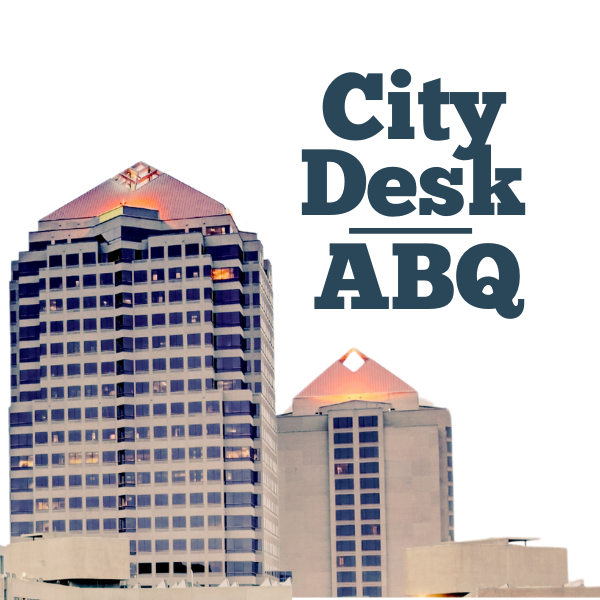When a desperate father couldn’t calm his adult son during a severe mental health crisis, Albuquerque’s alternative emergency response team stepped in where traditional police might have struggled, successfully connecting the man to voluntary treatment within an hour.
Behavioral Health Responders from the Albuquerque Community Safety (ACS) Department responded to the 911 call and found a 40-year-old man pacing, sweating and attempting to self-soothe through exercise in his family home. The man was experiencing what responders recognized as a significant mental health episode.
Through patient dialogue, ACS responders learned the man had recently lost his job, ended a relationship, stopped taking prescribed medications and hadn’t had a mental health evaluation in over a year. One responder was able to build crucial trust by connecting over a shared work experience.
“The healing journey is not linear,” said ACS Behavioral Health Responder Naomi Benavidez in a press release about the incident. “This was a situation where the man was in crisis and needed someone to provide proper guidance and assist him through his crisis.”
Within an hour, the team successfully de-escalated the situation and the man voluntarily agreed to be transported to the UNM Psychiatric Center for evaluation and reconnection with mental health services.
The successful intervention reflects a growing trend in Albuquerque, where mental health crisis calls are increasing rapidly. ACS now responds to approximately 230 suicidal ideation calls per month – up from 160 just six months ago, according to recent department data.
The alternative response approach appears to be meeting significant community needs. ACS celebrated reaching 100,000 calls for service in March, growing from about 900 calls per month when it launched in 2021 to more than 3,000 monthly calls today. June this year set a record with 3,583 calls in a single month.
Benavidez, who has field experience in crisis intervention including preventing a suicide attempt from the Central Avenue bridge, represents the type of specialized responder ACS deploys. About 7% of all ACS calls involve suicide ideation, while 40% involve services for unsheltered individuals.
“Everyone deserves dignity and care in their hardest moments,” said Mayor Tim Keller in the press release. “These responders are saving lives by meeting people with humanity and helping them take the first step toward healing.”
The ACS response model comes as New Mexico faces significant behavioral health challenges. The state ranks 44th nationally in overall mental illness prevalence, with only 44.2% of adults with mental illness receiving any form of treatment, according to federal data.
Albuquerque’s alternative response program has grown dramatically since the City Council approved its creation in June 2020. What began with just $2.5 million in initial funding after pandemic budget constraints has expanded to a $17 million annual budget supporting more than 60 responders operating 24 hours a day, seven days a week.
The department launched in September 2021 as the nation’s first cabinet-level alternative public safety department and opened the country’s first standalone headquarters for alternative response in May 2024.
ACS has received national recognition, including a $2 million federal grant in 2023 to expand its Violence Intervention Program.
The ACS intervention occurred within a broader network of local behavioral health services. Bernalillo County and UNM Hospital opened a $40 million Behavioral Health Crisis Center in June 2024 to provide specialized crisis care.
Additionally, New Mexico launched a new Certified Community Behavioral Health Clinic program in January, with UNM Health System serving Bernalillo and Sandoval counties to improve access to comprehensive mental health treatment.
Residents experiencing behavioral health crises can call 911 for ACS response in emergencies or 311 for non-emergency situations. The state also operates a 24/7 crisis line at 1-855-NMCRISIS (1-855-662-7474).
ACS responders complete specialized training through the ACS Academy in de-escalation techniques, crisis intervention, and connecting people to community resources. The department operates as Albuquerque’s “third branch of public safety” alongside police and fire departments, handling calls involving behavioral health, substance use, and other non-criminal situations.





